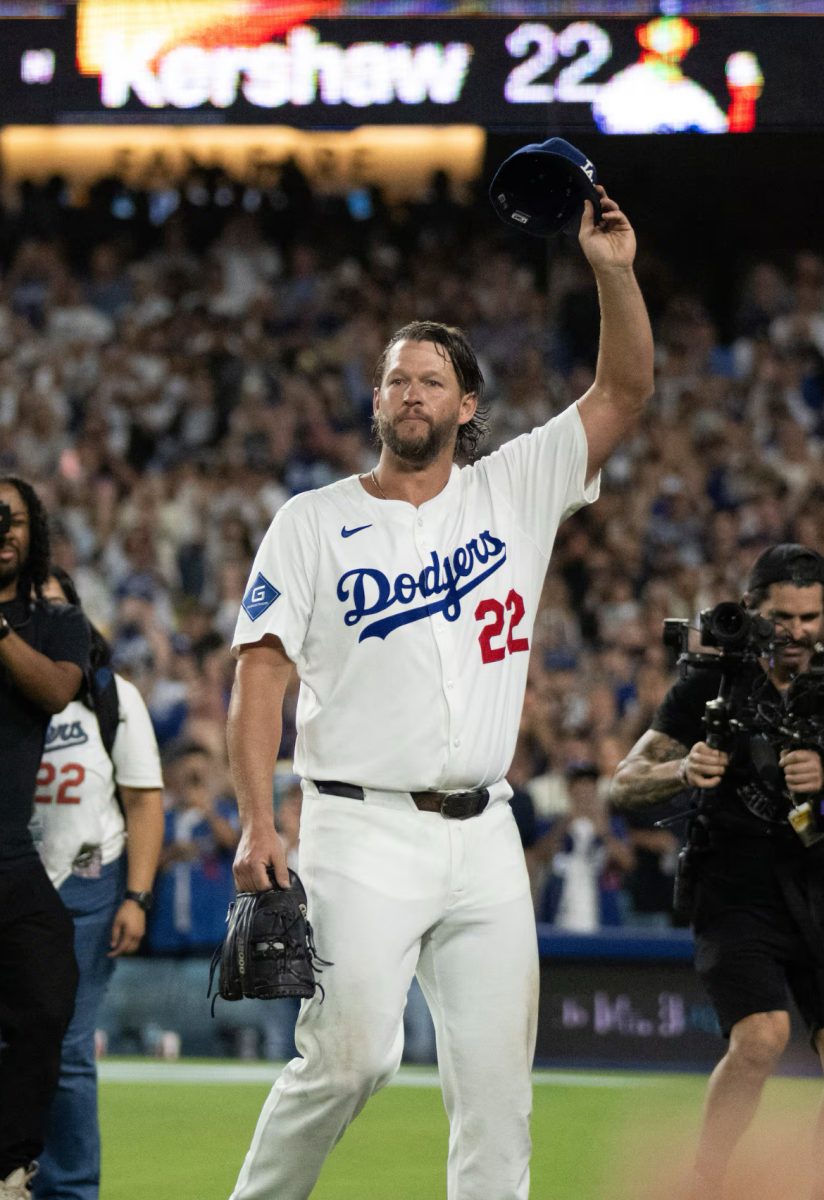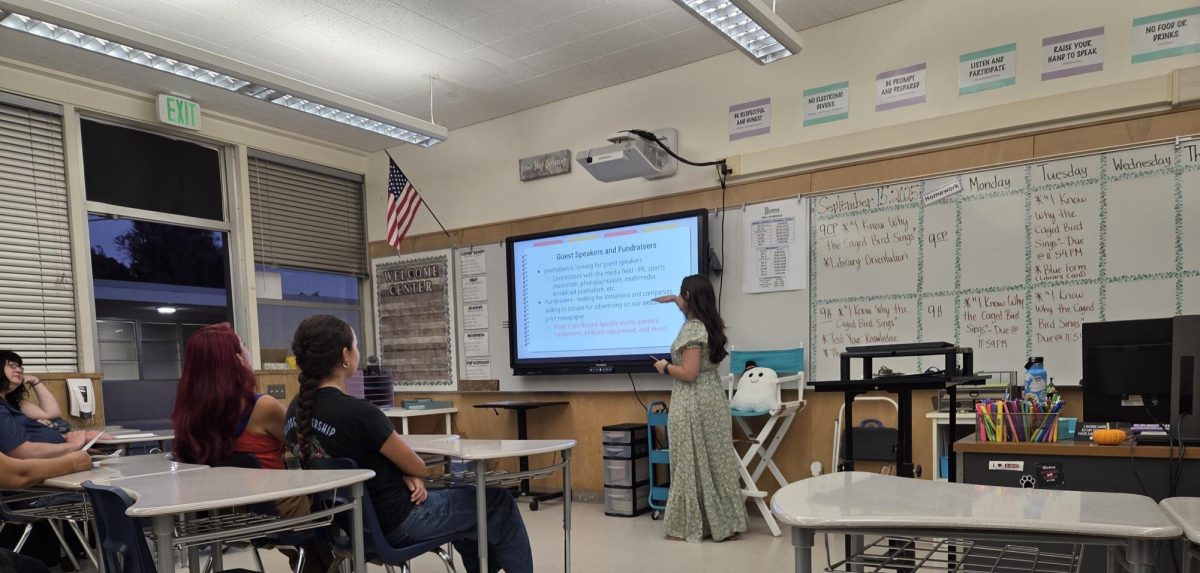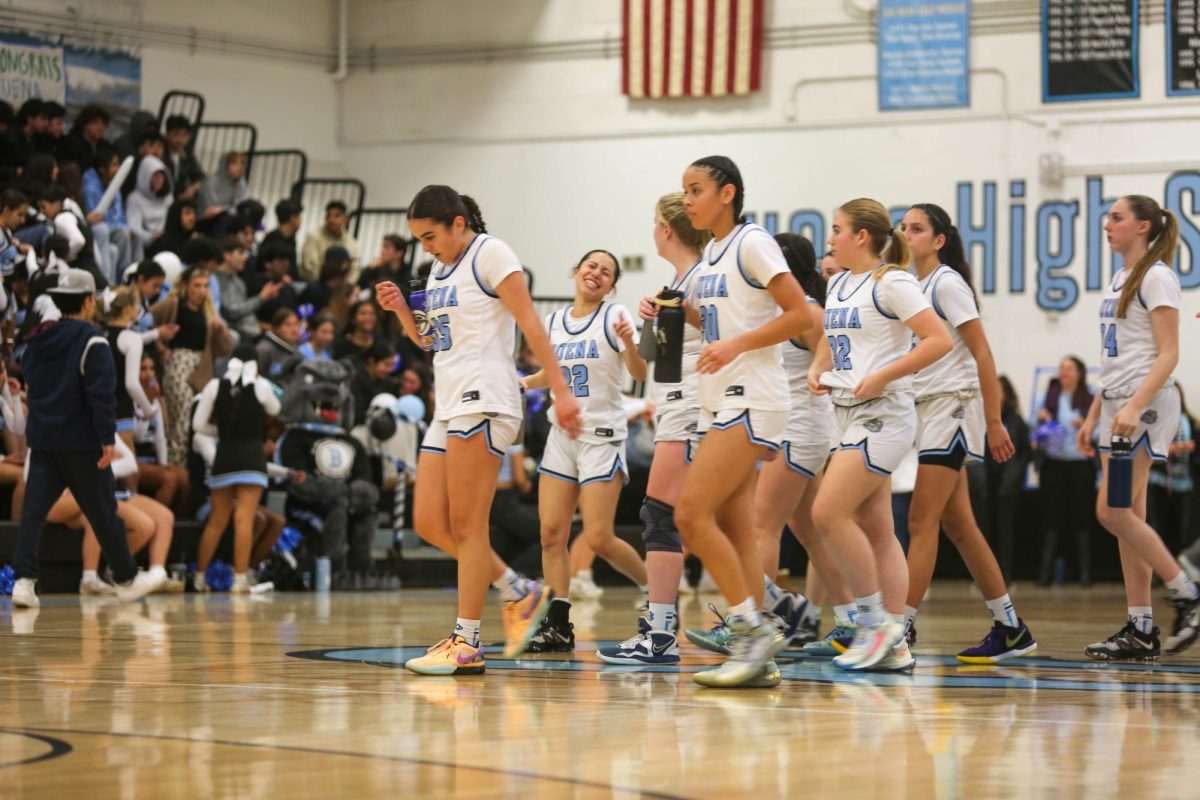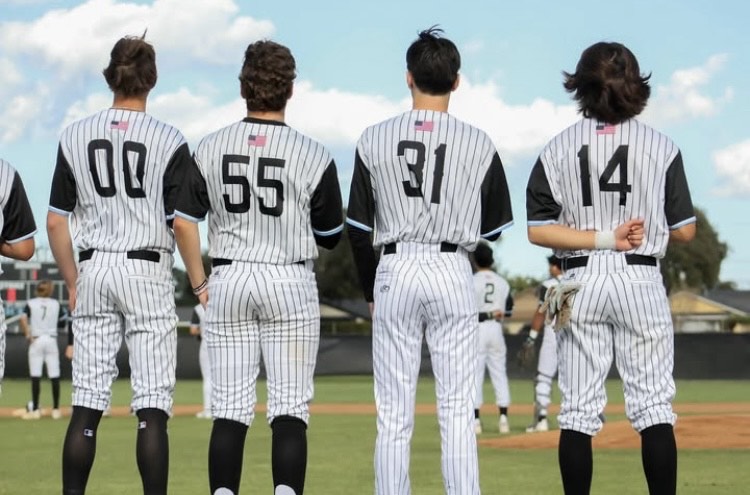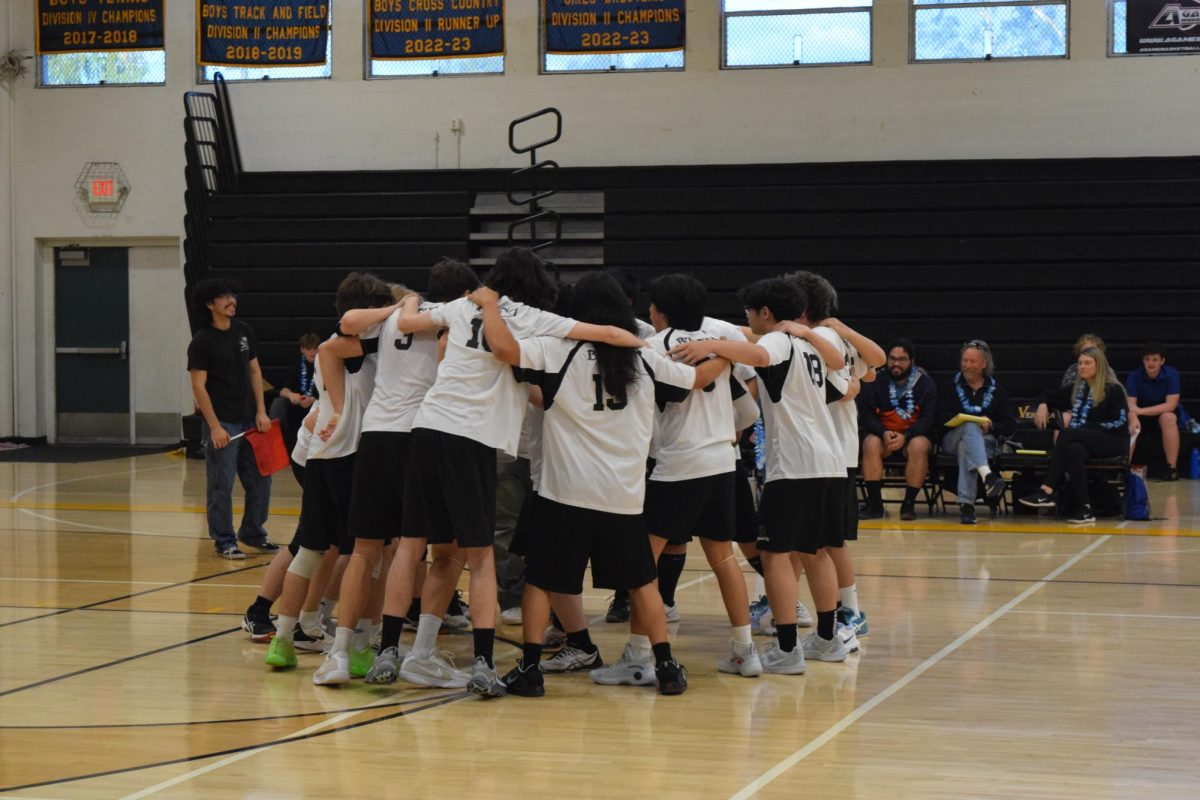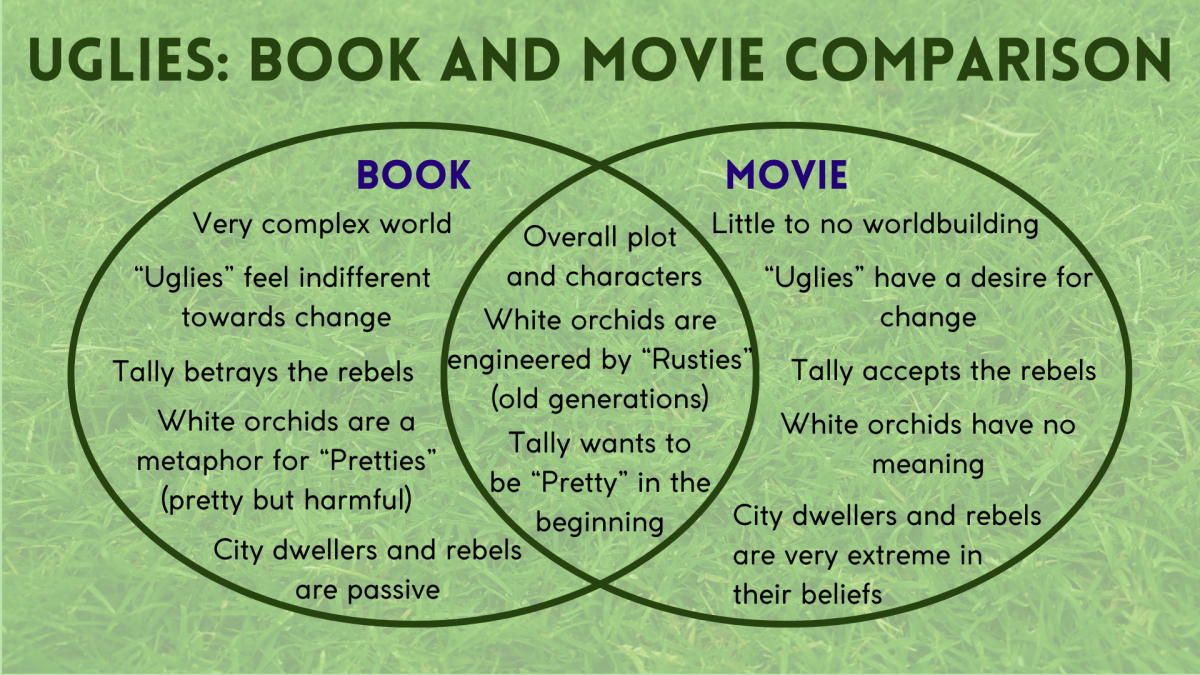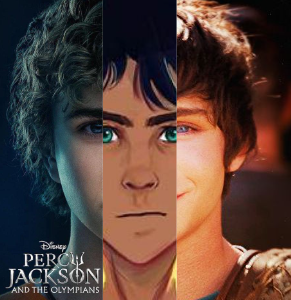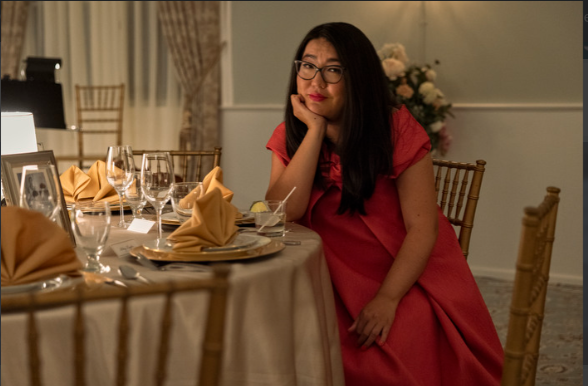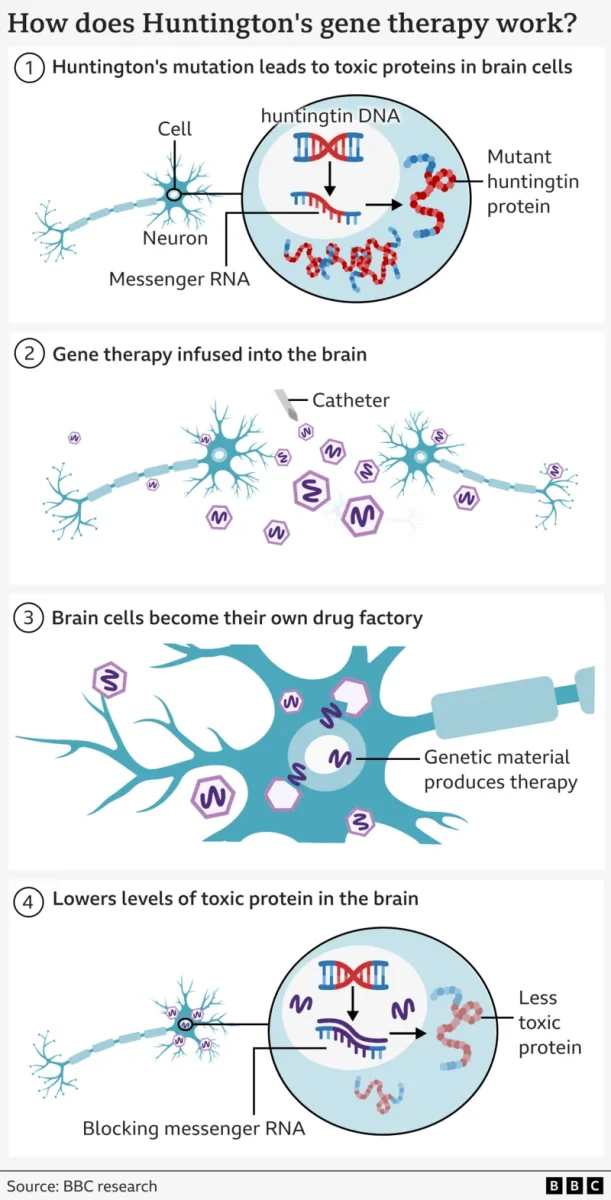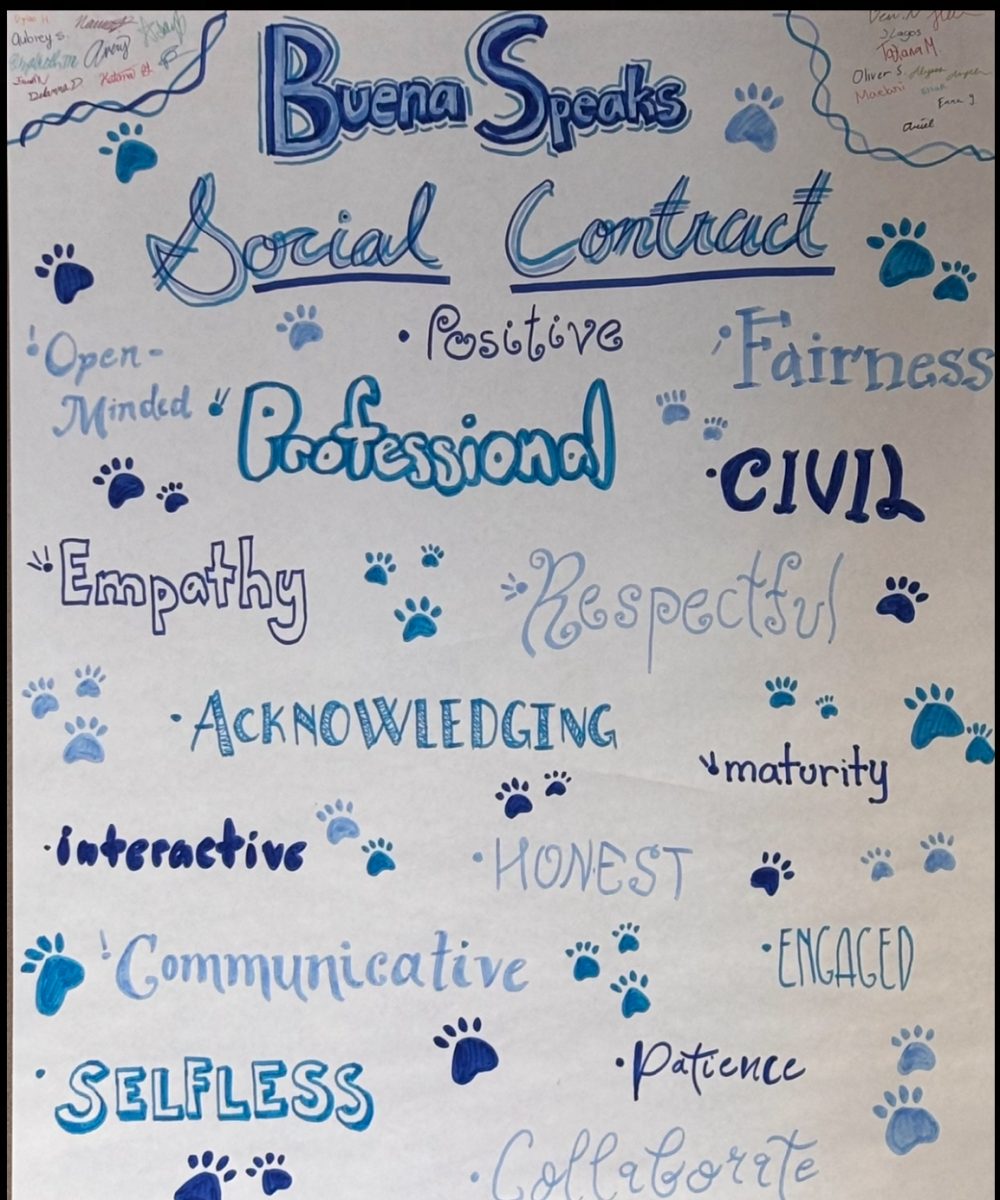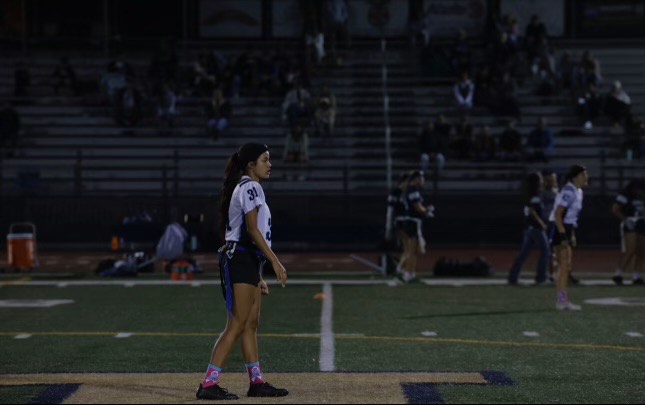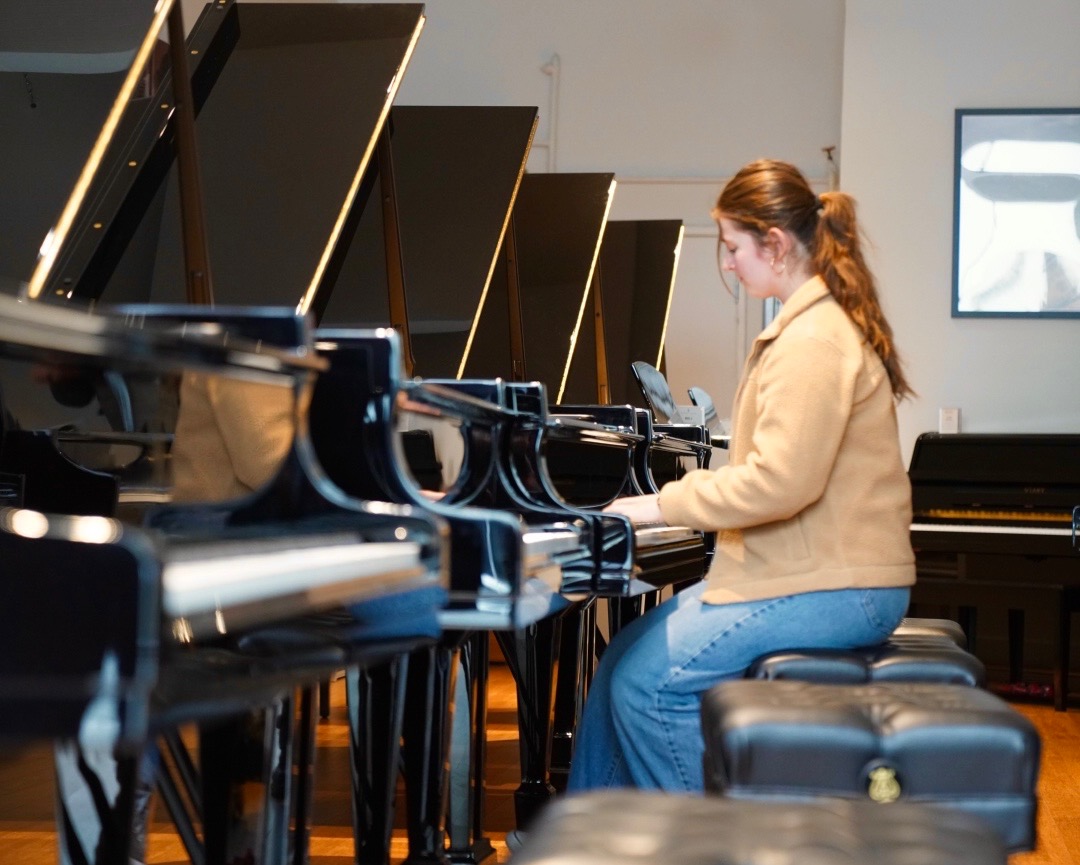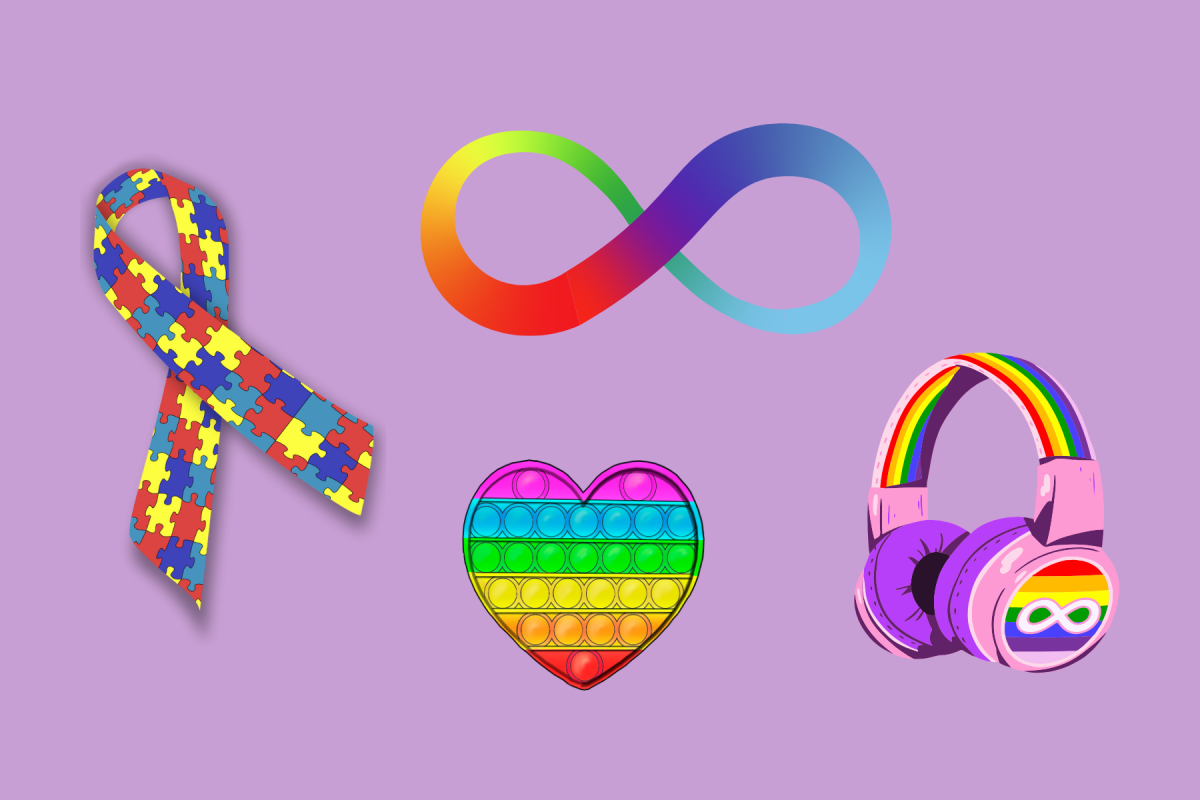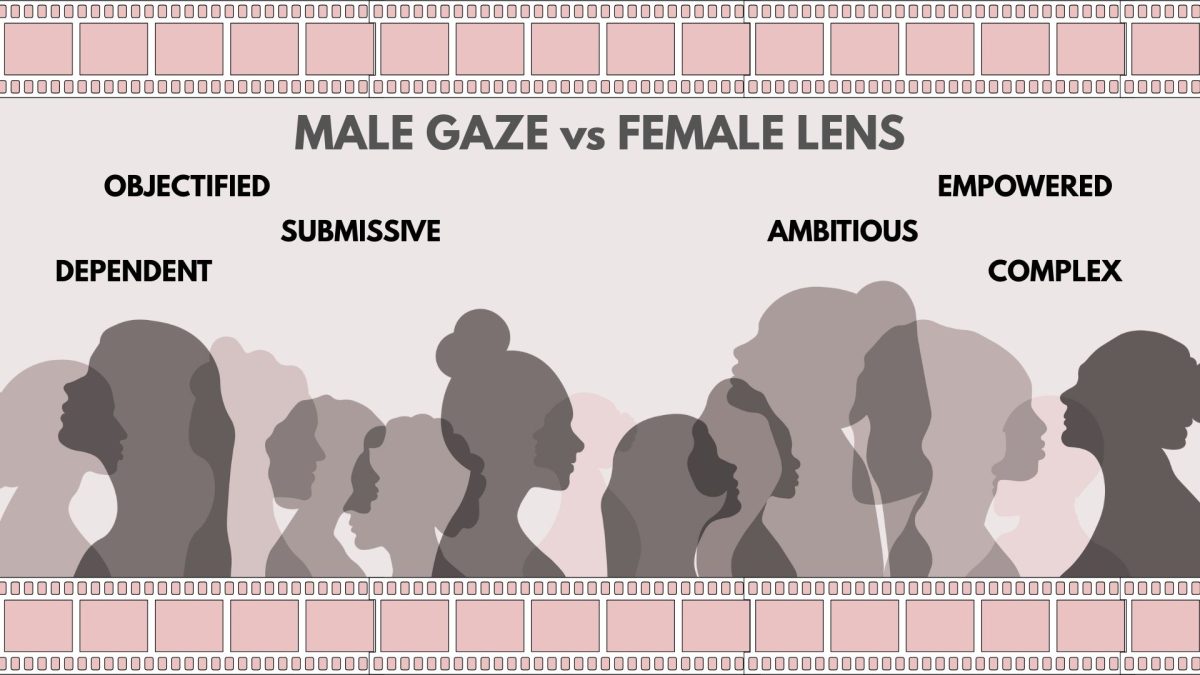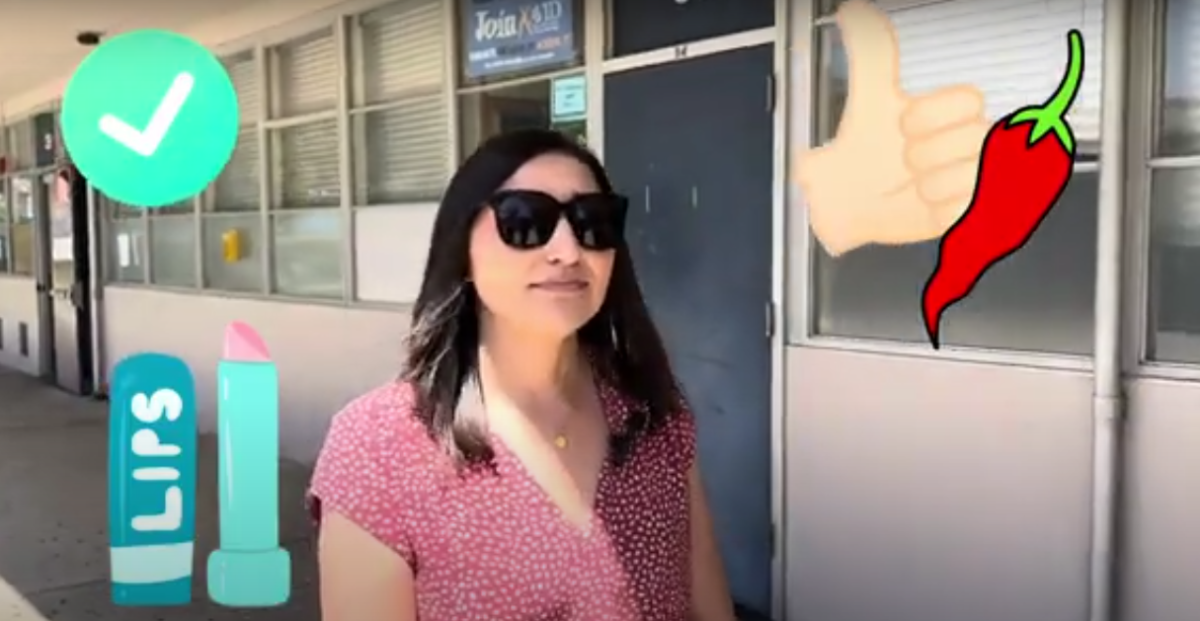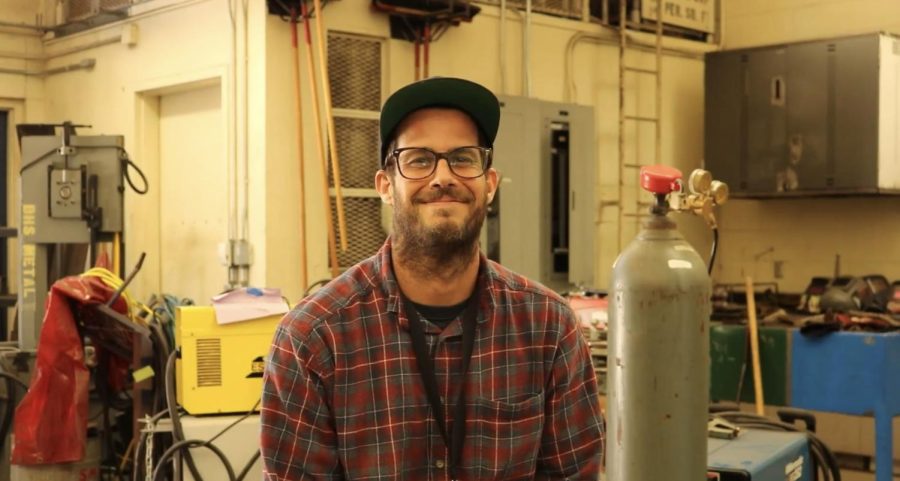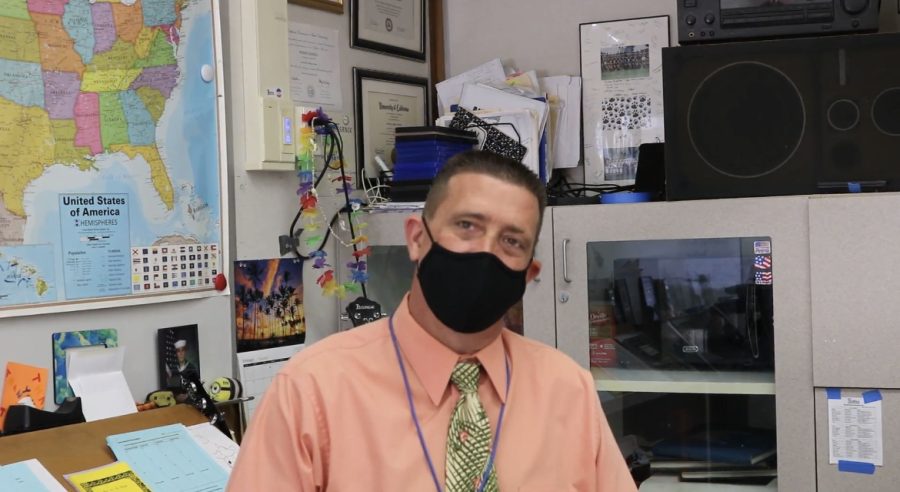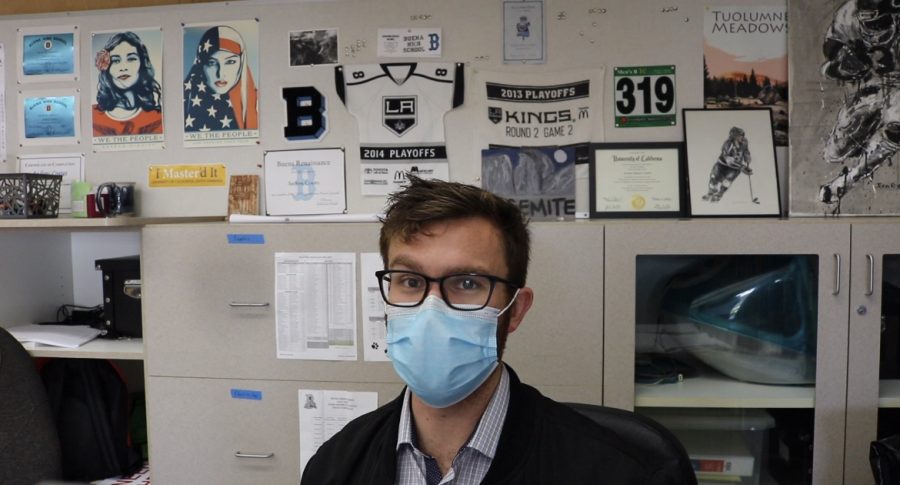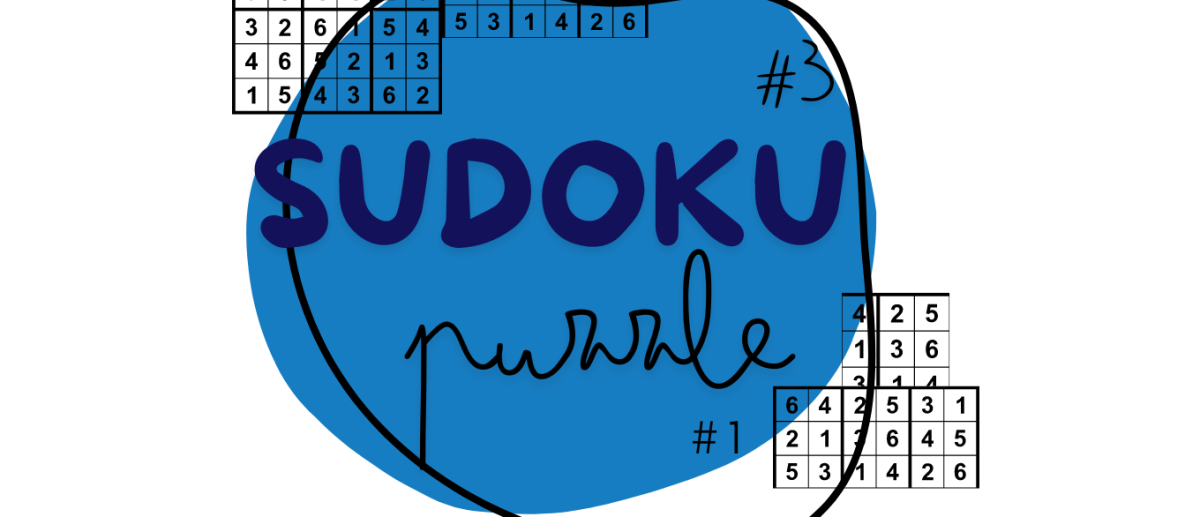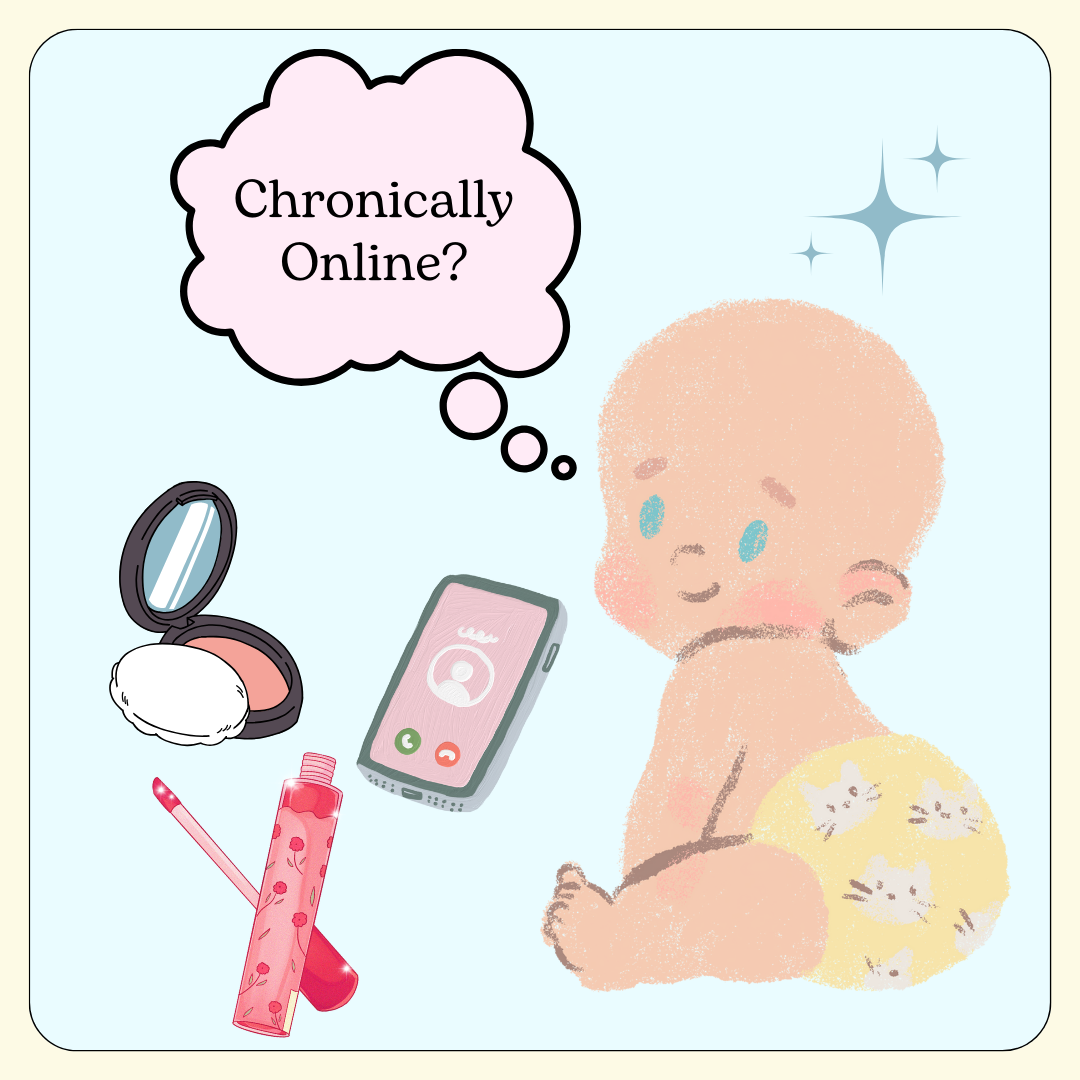Drunk Elephant, Summer Fridays, and other skin care and makeup brands have leached their way into the lives of young tweens and teens. Children ages 9-13 have flooded makeup stores with bad behavior and a hankering for retinol, ruining the shopping experience for others. At the root of this issue is not the greedy youth but the fact that we are raising a generation of children who are chronically online.
Almost every social media platform has been flooded with posts of young girls taking over makeup stores, specifically Sephora, seeking out multitudes of skin care products from brands such as Tower 28 and Glow Recipe. These products are not only expensive, but contain harmful chemicals like niacinamide and other anti-aging ingredients which are not suitable for their skin at such immature ages. Their usage is an attempt to reverse aging that they have yet to experience.
This generation of skin care obsessed children have been given the name “Sephora kids.” Which now carries the connotation of being rude, entitled, and arrogant people.
But these children did not simply wander into Sephora one day and decide to buy anti-aging creams, most of them are not even aware of what they are buying. These kids have become victims of social media influencers and capitalistic marketing schemes.
Like tobacco companies who cannot target minors, these brands utilize bright colors and fun packaging in an attempt to sneakily draw in the youth. Not only are these brands’ marketing skills dangerous, the endorsement they receive from social media further spreads their latch onto our youth.
Constantly scrolling TikTok and Instagram bombards young teens with content of beautiful people buying and using excessive amounts of skincare and makeup products, praising their effects. These influencers are much older with skin that can handle these harsh formulas that are not suitable or necessary for youthful skin. But despite the so-called effects of the products, most of these influencers abuse filters; altering their appearance and creating a false narrative of beauty standards. This tactic tricks children into believing that if they spend their money on the same products they will have flawless skin and look like models.
Adults across social media have posted videos explaining their interactions with these children and their issues with their behavior. It has become a trend to share your experience with “Sephora kids,” and pick apart their actions and attitudes, placing blame on the children themselves. Grown men and women are competing as to who has had the worst interaction with these tweens who are accused of being disrespectful and leaving Sephora stores in complete disarray.
But who are these “adults” to judge and critique a generation of people that they helped to create?
As a society, we have taught these kids that hopping on the bandwagon of trends is the normal behavior for a person their age. These children are the same group that we just a few years ago called “iPad kids,” after parents shoved devices into their children’s hands as soon as they had the motor skills to hold them, and sometimes even sooner. Allowing these kids to form an unhealthy attachment to technology. We give them phones in fourth grade and show them how to set up their social media accounts exposing them to uncontrollable outside influences.
Now we chastise them for falling into the pit of social media fads. We cannot act surprised that they are now obsessed with succumbing to these trends and demonstrating disagreeable behavior.
These children are truly victims of the age of media. We can no longer hand iPads to kids the minute they enter the world, and proceed to blame them for reacting to a situation that we have created. Accountability is simply the first step in saving our youth from becoming irreversibly influenced by harmful technologies and media.

